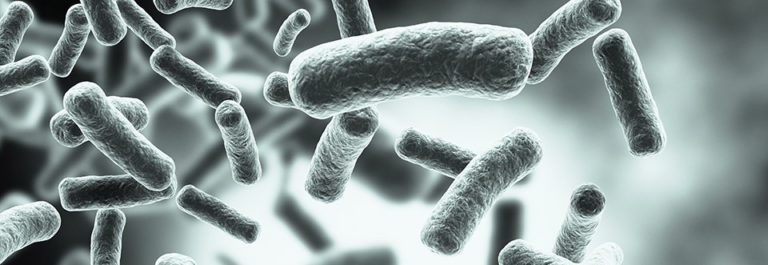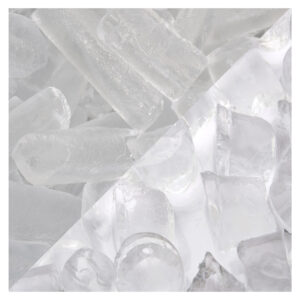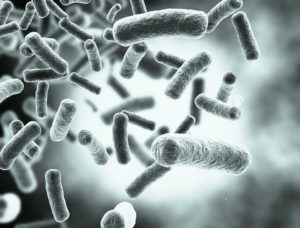CAN BACTERIA SURVIVE IN ICE?

As a food product, ice must be free of microbiological contamination. There is a belief that freezing kills all microorganisms. While many types of bacteria indeed die, some are dormant and, once defrosted, spring back to life and begin to reproduce.
What happens to the bacteria when the ice is frozen, stored, and defrosted?
Many bacteria just die during freezing. The longer they remain frozen, the more of them die. The lower the temperature, the higher the percentage of bacteria killed. However, even freezing at -80 °C does not kill all bacteria. For example, many of them are damaged, but when the temperature rises, they self-repair and multiply again. The survival rate of frozen microorganisms depends on several factors. An important factor is whether they form individual organisms or colonies in ice. Bacterial colonies are able to survive even if they are damaged. The bacteria whose spores are most resistant to freezing include Giardia or Cryptosporidium and the vegetative cells of micrococci, staphylococci, and streptococci. The survival rates can vary within a single group of bacteria. Gram-positive bacteria, such as Listeria, Streptococci, and Enterococci, have a higher survival rate than gram-negative bacteria, such as Coli, Legionella, Pseudomonas, Salmonella, typhoid, and Shigella, due to their 10-fold thicker walls. However, both groups can revive and reproduce when awakened from sleep. According to the recently published results of DNA repair of microbes from the 750,000-year-old ice, several bacteria from ice in Guliya, Qinghan-Tibetan plateau in Western China, revived. The results were published in the prestigious Applied and Environmental Microbiology journal. How have the bacteria survived so long? The dormancy theory has proven to be true as dormant bacteria are metabolically inert. Research is now underway to confirm that bacteria are capable of repairing their own DNA.
In summary, sub-zero temperatures cannot eliminate bacteria from a product. Frozen bacteria can revive and multiply as soon as the temperature is above 0 °C. This means that harmful microorganisms present in the water from which the ice is made or in the system of the ice-making machine, or introduced into the product by humans (e.g., through dirty hands), may prove hazardous to your health and cause unpleasant ailments if you consume the ice.
Sources: Ice World Journal, Volume 20, Issue 4, third quarter of 2018

Can adding ice to a drink be harmful to health?
Many publications claim that adding ice to drinks, which makes them very cold, can irritate the throat and vocal cords, especially in hot weather. And this is undoubtedly true. Warm drinks are better in this aspect as they do not contribute to such complaints and have a much better effect on the digestive system. We all know this but still use ice cubes and will use them in future.
But you can make a choice and use the ice that is safe and will not cause any problems, such as digestive complaints.

Certified cubed ice makes a difference
What are the main differences between industrially produced and home-made ice, explains Piotr Lewiński, food technologist.
Retail ice cubes
We are in the third decade of the 21st century now, but just a few years ago none of us would have thought that ice cubes would be an indispensable product for cooling drinks on hot days and that they would be available in every grocery shop or petrol station.

Can Bacteria survive in ice?
As a food product, ice must be free of microbiological contamination. There is a belief that freezing kills all microorganisms. While many types of bacteria indeed die, some are dormant and, once defrosted, spring back to life and begin to reproduce.
Stowarzyszenie Producentów i Operatorów Certyfikowanego Lodu Spożywczego, (Association of producers and operators of certified food ice) KRS [National Court Register] No. 0000784552, REGON [National Official Business Register] No. 383424111, NIP [VAT] No. 7010927104 00-630 WARSZAWA, ul. POLNA 24/7


